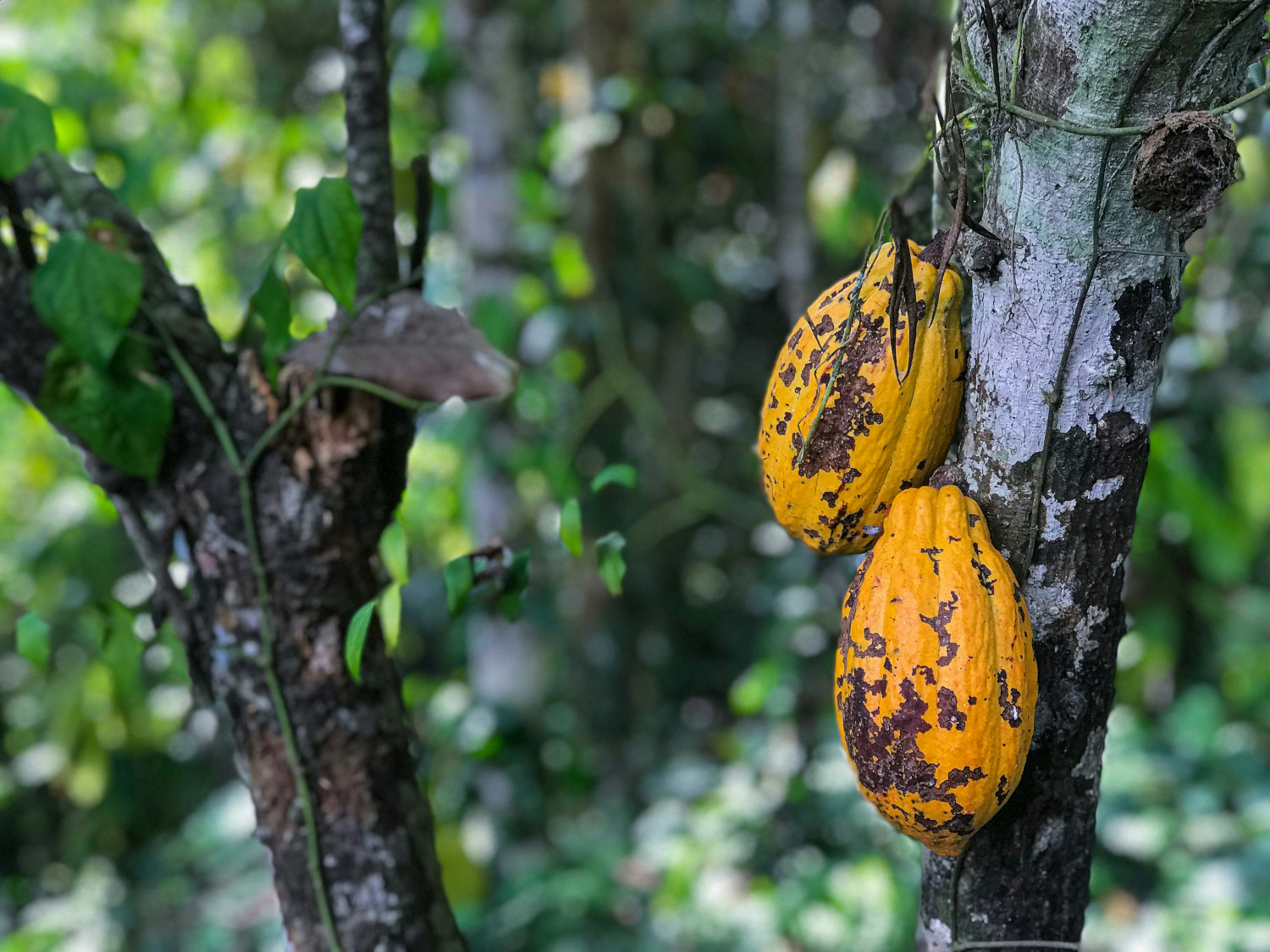Home – Case Studies – Promoting Equitable Sourcing Practices for EUDR Compliance with WWF
Promoting Equitable Sourcing Practices for EUDR Compliance with WWF

Home – Case Studies – Promoting Equitable Sourcing Practices for EUDR Compliance with WWF

WWF commissioned a study to assess the production costs and market challenges faced by three indigenous cocoa producer associations in the Ecuadorian Amazon. These organisations are committed to producing deforestation-free and traceable cocoa in alignment with the EU Deforestation Regulation (EUDR). While the Ecuadorian study offered critical recommendations for the associations to better calculate the price of compliant cocoa, it did not address the role of European stakeholders in supporting this process.
Producers face growing uncertainty around how EUDR will be implemented in practice, including what documentation, technologies, and verification systems will be required.
Additionally, the cost of compliance, ranging from land monitoring tools to verification and training, poses a significant burden on smallholder communities with limited financial resources.
WWF engaged Anthesis to develop a concise, action-oriented paper to communicate these challenges and provide strategic recommendations for European companies and policymakers. The goal was to promote equitable sourcing practices and mobilise support mechanisms that enable small producers to comply with EUDR requirements while maintaining market access and income stability.
WWF engaged Anthesis to develop a concise paper aimed at bridging this gap by translating local insights into actionable guidance for European companies, policymakers, and civil society organisations.
The goal was to inform and mobilise European actors to support the implementation of fair pricing and sustainable sourcing practices aligned with EUDR compliance.
Anthesis provided a synthesis of the Ecuadorian study’s findings and additional expert insights and recommendations tailored to European stakeholders. Internal Anthesis experts contributed perspectives in cost-benefit analysis, cocoa supply chains, deforestation, and sustainability policy.
The resulting paper helped shift the conversation around sustainable cocoa sourcing from a local responsibility to a shared international obligation. By contextualising the economic and operational challenges faced by small producers in Ecuador, Anthesis highlighted the crucial role that European stakeholders play in enabling fair pricing and compliance.
The recommendations encourage EU-based companies to offer long-term contracts, invest in traceability systems, and provide technical assistance to producers. Policymakers are urged to consider financial mechanisms to reduce the compliance burden on smallholders.
The project advanced WWF’s sustainability goals by promoting more equitable trade relationships, fostering transparent value chains, and reducing the risk of excluding small producers from global markets due to high EUDR compliance costs.

Discover how Anthesis can support your sustainability ambitions.
We’d love to hear from you
We are the world’s leading purpose-driven, digitally enabled, science-based activator. And always welcome inquiries and partnerships to drive positive change together.